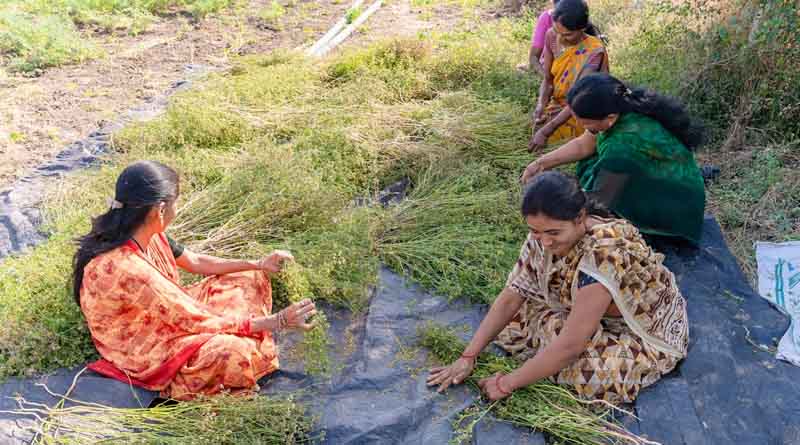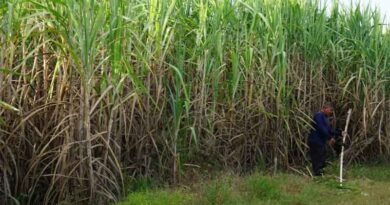India Produces 683 Million Tonnes (MT) of Crop Waste, FSII Calls for Action on International Day of Zero Waste
Guest Author: Raghavan Sampathkumar, Executive Director, Federation of Seed Industry of India
30 March 2024, US: India faces a significant challenge with its agricultural waste generation. Annually, the nation produces about 683 million tonnes (MT) of crop waste and an estimated 682.6 million tons of agricultural waste, including both edible crop production and surplus materials. This waste contributes substantially to India’s overall waste generation, amounting to approximately 62 million tonnes per year.
Additionally, out of India’s total solid waste, roughly 380 million tons are organic wastes from agricultural sources. These numbers highlight the urgent need for effective waste management strategies to minimize environmental pollution and promote sustainable practices.
FSII recognizes the severity of this situation and urges immediate action on the International Day of Zero Waste. Effective waste management in agriculture requires sustainable practices to optimize resource usage, including careful application of fertilizers, pesticides, and water. Precision agriculture, a technique of improving crop yields and assisting management decisions using high-technology sensor and analysis tools, can significantly reduce input waste, enhancing long-term sustainability. It ensures the effective management of fertilizers and irrigation processes.
Food waste reduction requires a two-pronged approach: minimizing spoilage throughout the supply chain and aligning food production with demand.
Firstly, better storage and transportation practices are crucial. Technologies like moisture-preserving coatings for produce and implementing tracking systems can significantly extend a product’s shelf life.
Secondly, bridging the gap between supply and demand is essential. In India’s complex supply chains, food needs are often predictable, yet production isn’t due to the many layers between farmers and consumers. Here, technology plays a vital role. By building a data network across the chain, from satellite imagery to smartphone apps, we can create a clearer picture of food demand, allowing farmers to adjust production accordingly. Additionally, advancements in biotechnology, such as disease-resistant crops, can further reduce pre- and post-harvest losses.
By prioritizing these initiatives, India can significantly reduce food waste. This not only lessens the environmental impact, including water and energy waste, greenhouse gas emissions, and soil degradation, but also promotes sustainable agriculture, resource conservation, and a path towards environmental responsibility for future generations.
FSII calls for collaborative efforts involving all stakeholders across the agricultural value chain to address this pressing issue. By embracing sustainable practices, we can work towards a future where agricultural waste is minimized, environmental pollution is reduced, and India’s agricultural sector thrives sustainably.
Also Read: The Benefits of Using Microfertilizer
(For Latest Agriculture News & Updates, follow Krishak Jagat on Google News)










